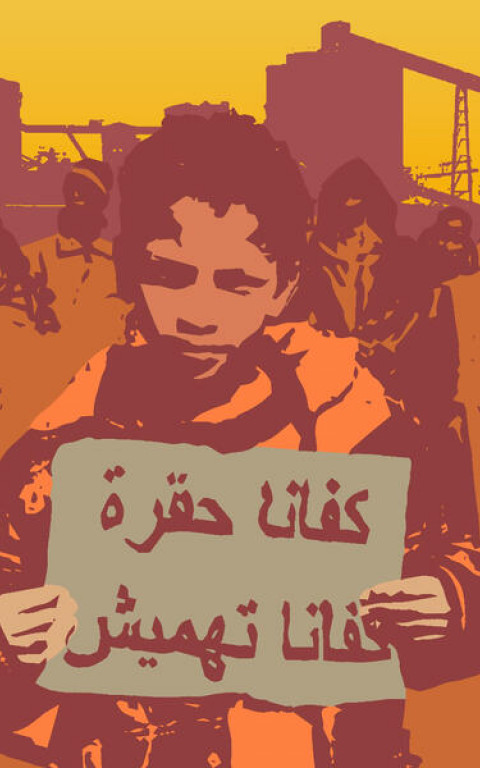Land and Water Grabbing
Topic category
In recent years, various actors, from big foreign and domestic corporate business and finance to governments, have initiated a large-scale worldwide enclosure of agricultural lands, mostly in the Global South but also elsewhere. This is done for large-scale industrial and industrial agriculture ventures and often packaged as large-scale investment for rural development. But rather than being investment to benefit the majority of rural people, especially the poorest and most vulnerable, this process constitutes a new wave of land and water ‘grabbing’. It is a global phenomenon whereby the access, use and right to land and other closely associated natural resources is being taken over - on a large-scale and/or by large-scale capital – resulting in a cascade of negative impacts on rural livelihoods and ecologies, human rights, and local food security.
Latest
-
Digging Deeper : An Introduction
Publication date:
Featured
-
Scholar-Activism and Land Struggles
Publication date: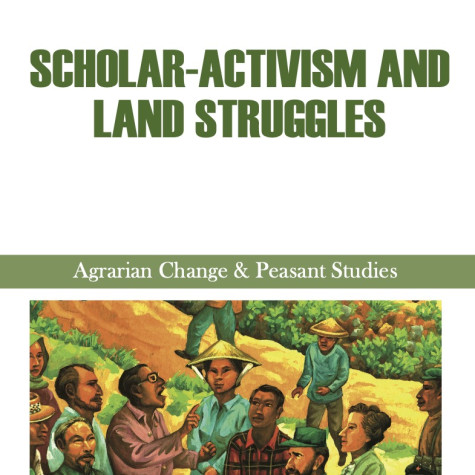
-
Extractivism and resistance in North Africa
Publication date: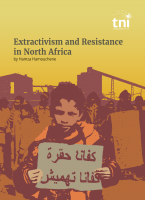
-
Ukrainian agriculture in wartime Resilience, reforms, and markets
Publication date: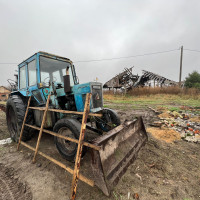
-
Understanding land politics
Publication date:
Key documents
-
The Global Land Grab A Primer
Publication date: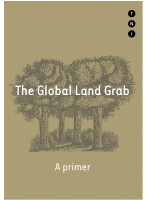
-
The Global Water Grab: A Primer
Publication date: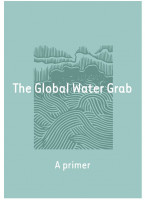
-
Competing political tendencies in global governance of land grabbing
Publication date: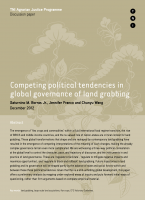
-
Land Grabbing and Human Rights The role of EU actors abroad
Publication date: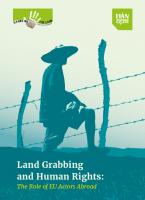
-
Using the Tenure Guidelines for Action Research
Publication date: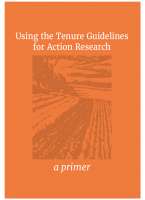
Experts
All people-
Jennifer Franco Researcher
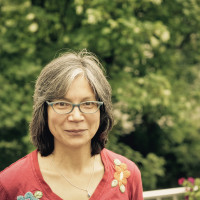
-
Sylvia Kay Project Coordinator

-
Jun Borras Associate
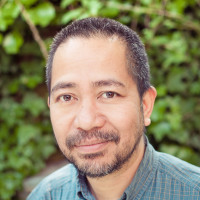
-
Katie Sandwell Programme Coordinator

-
Zoe Brent Researcher

Extractivism and Resistance in North Africa
In conversation with Hamza Hamouchene
In this episode, Hamza Hamouchene discusses his report titled: Extractivism and Resistance in North Africa, which documents several cases of natural resource extraction which take the form of brutal "accumulation by dispossession," degrading environments and ecosystems through the privatisation and commodification of land and water.
